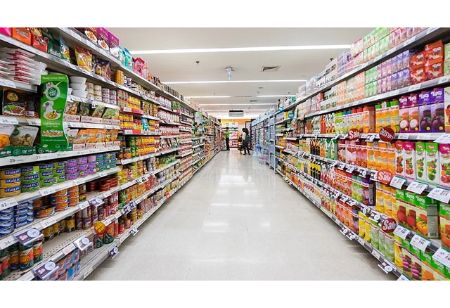
Pandemic Chews 3% of Retail Market: Industry Reports


The pandemic-driven lockdowns and job losses ate three percent of the domestic retail market to around Rs.47 lakh crore in 2020, said an industry report. The report also mentioned that it is on course to treble to around Rs.140 lakh crore by the turn of the decade, reported PTI.
As per the joint report by the Retailers Association of India and consultancy BCG, the retail industry has closed at Rs.47-48 lakh crore in 2019. But the pandemic has put paid it. The report highlights how the pandemic has changed the buying preferences of consumers and the way consumers are expected to shop going ahead. It also underlines the import of these changes on retailers and the imperatives for them to win the post-pandemic world.
Despite all the challenges, the retail industry is getting back to its foot, and is expected to reach Rs.130-140 lakh crore by 2030, the report said.
The report said that the decline would have been deeper had it not been for the kiranas and e-Commerce which bounced back faster, while modern trade is now getting back to normalcy.
It also stresses that the share of consumption to GDP is steadily rising to 62 percent by 2030 in 2019 and 54.8 percent in 2010. The traditional trade accounted for Rs.16-19 lakh crore in 2010. This grew by 11 percent in 2019 to reach Rs.45-46 lakh crore and degrew by four percent to Rs.43-44 lakh crore in the pandemic ravaged 2020.
On the contrary, online retailing clipped at Rs.10,000 crore in 2010 to Rs.2-3 lakh crore in 2019 on the back of a massive 48 percent annual growth in the decade and another 28 percent growth in 2020, which resulted due to the pandemic.
According to the report, this growth will be driven by food & beverage (8.2 percent growth), clothing & footwear (9.1 percent), housing & household items (9.3 percent), health (9.6 percent), transport & communication (8.2 per cent) , education (10.3 per cent) and leisure growing at 9.1 per cent annually between 2019 and 2030.
It is important for retailers to adapt to the shifts in consumer trends, build the resilience muscle and adopt digital technologies at accelerated place to help them stay ahead of the curve, the report added.